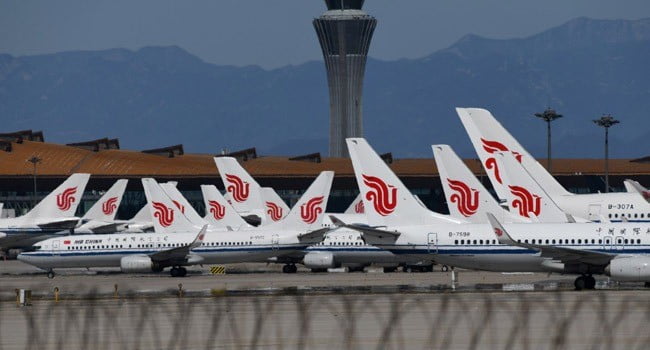Brazil Police Kill Suspect In Murder Case
A suspect in the 2018 assassination of an outspoken Afro-Brazilian member of Rio de Janeiro’s city council was shot to death Sunday after he fired on police sent to arrest him, Brazilian authorities said, Adriano Magalhaes da Nobrega, who had been on the run for more than a year, was located by police in a rural area of the city of Esplanada, 170 kilometers (105 miles) north of Salvador, the capital of the state of Bahia.
“At the moment of his arrest, he fired on officials and was wounded in the shootout,” the state’s security agency said in a statement. “He was taken to a hospital but died as a result of his wounds.”
Magalhaes, a decorated former captain in an elite Rio military police battalion, was suspected of organizing the March 14, 2018 murder of Marielle Franco, a ground-breaking feminist on the Rio city council known for her denunciations of police brutality and extra-judicial executions.
She and her driver were shot multiple times by occupants of another vehicle as they pursued her car in Rio de Janeiro.
Two former police officers — Ronnie Lessa, 48, and Elcio de Queiroz, 46, — were arrested for the crime.
Suspicion on who ordered it fell on a powerful paramilitary group known as the “Office of Crime,” which Magalhaes is believed to have led.
Franco’s Socialism and Liberty Party issued a statement Sunday demanding that the circumstances around Magalhaes’s death be clarified.
“The militia he belonged to was suspected of being implicated in the assassination (of Franco) and he was a key figure for shedding light on a series of crimes,” it said.
According to the daily Estado de Sao Paulo, Magalhaes had told his lawyers he feared being killed “to make evidence disappear.”
Magalhaes in 2005 received the Tiradentes medal, the state of Rio de Janeiro’s highest, at the initiative of then deputy and current senator Flavio Bolsonaro, the son of Brazilian President Jair Bolsonaro.
Often formed by former police officers, the militias began appearing for the first time in Rio about two decades ago, supposedly to fight drug traffickers in the city’s slums but often unleashing violence in poor communities.
AFP



